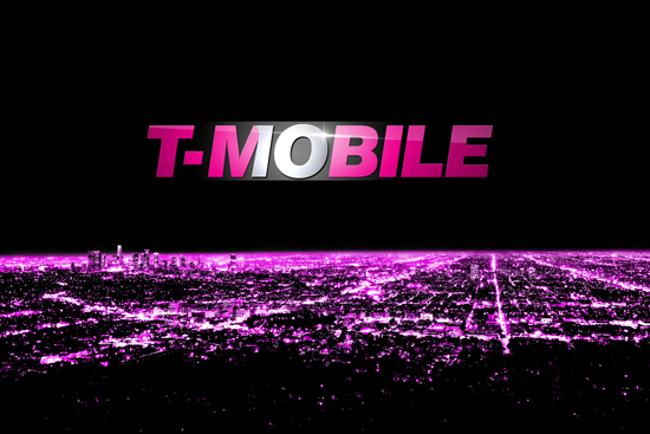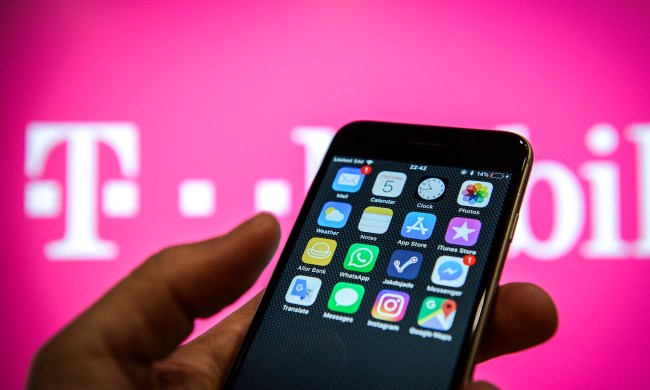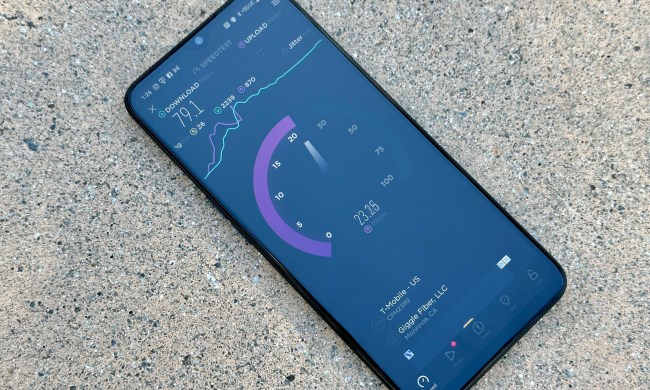
The two outages, which occurred in August of last year and lasted a combined three hours, knocked out 911 service for all of T-Mobile’s almost 50 million subscribers. In a statement, Chairman Tom Wheeler made clear that kind of oversight won’t be tolerated. “Communications providers that do not take necessary steps to ensure that Americans can call 911 will be held to account,” he said.
T-Mobile has agreed to improve its procedures around identifying and recovering from outages. “The safety of our customers is extremely important and we take the responsibility to provide reliable 911 service very seriously,” the carrier said. “We have made significant changes and improvements across a number of our systems since last year, and we will continue working to improve these critical systems with our partners to provide the standard of service our customers rightly expect from T-Mobile.
T-Mobile’s not the only carrier to suffer the FCC’s wrath over 911 downtime. In March, the agency fined Verizon to the tune of $3.4 million for failing to notify California officials of a major outage. And in April, the agency collected $17.4 million from CenturyLink and Intrado Communications in fines for their roles in a six-hour outage that affected 11 million people across seven states.
“The Commission has no higher priority than ensuring the reliability and resilience of our nation’s communications networks so that consumers can reach public safety in their time of need,” said Wheeler.


